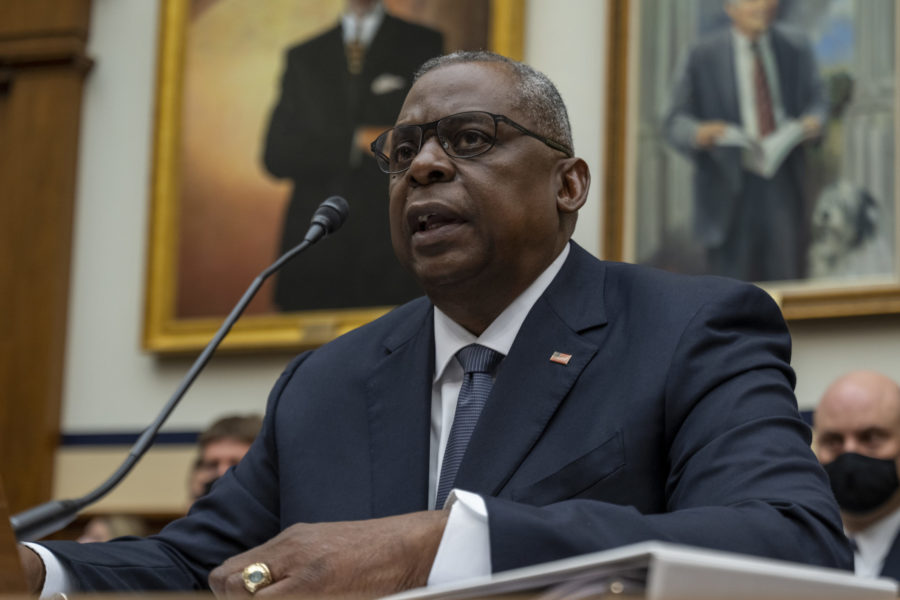As time runs out for Congress to act and avoid an unprecedented debt default, Defense Secretary Lloyd J. Austin III joined the chorus of voices trying to pressure the legislature into action.
In a statement released Oct. 6, Austin warned that if the U.S. defaults on its debt, national security will suffer by undermining America’s economic strength.
On a more immediate level, Austin said he would be unable to ensure that military service members, Defense Department civilians, and contractors would be paid on time and in full.
“Benefits earned by and owed to 2.4 million military retirees and 400,000 survivors would also be at risk,” Austin added, saying that he hoped “as a nation, we will come together to ensure we meet our obligations, … without delay or disruption.”
Austin’s statement is the latest from a prominent figure in President Joe Biden’s administration to press lawmakers to take action by raising the debt ceiling. Treasury Secretary Janet Yellen has said the government could run out of cash around Oct. 18 if no action is taken—the Treasury Department has been using emergency “extraordinary measures” to stave off a default since a two-year suspension of the debt ceiling expired at the end of July.
Government officials and experts warn that if the U.S. does default on its debt, the economic consequences could be extreme.
Austin isn’t the only one warning of a debt default’s impact on the military. Also on Oct. 6, six former Defense Secretaries—William J. Perry, William S. Cohen, Leon E. Panetta, Chuck Hagel, Ashton B. Carter, and James N. Mattis—sent a letter to congressional leaders echoing Austin’s comments that a default would endanger troop pay and would harm America’s international standing, according to a report from Axios.
Right now, efforts to raise the debt ceiling are at the center of a political struggle between Republicans and Democrats, who are battling over President Biden’s massive proposed spending plan that would invest in infrastructure, environmental efforts, racial equality, and other topics.
In the afternoon of Oct. 6, Minority Leader Sen. Mitch McConnell (R-Ky.) offered a deal to let Democrats raise the debt ceiling into December without filibustering the process. Several hours later, multiple media reports from Politico, CNN, and others indicated that Democrats would accept that short-term deal, seeming to temporarily stave off a default.
A similar process played out recently when the two parties engaged in a standoff over the fiscal 2022 budget, which almost led to a government shutdown that would have forced service members to work without pay and furloughed tens of thousands of DOD civilian workers.
With hours to spare before the Oct. 1 deadline, though, the two parties agreed to a continuing resolution that will last through Dec. 3. That move meant the Defense Department started the new fiscal year Oct. 1 under a continuing resolution for the 12th time in 13 years, according to the Government Accountability Office. Under a CR, the department cannot start new spending programs, which can lead to “repetitive administrative tasks or incremental planning,” Pentagon leaders told the GAO.
Even with the continuing resolution, however, a debt default could prevent the Treasury Department from paying the federal government’s bills, including troop pay.
